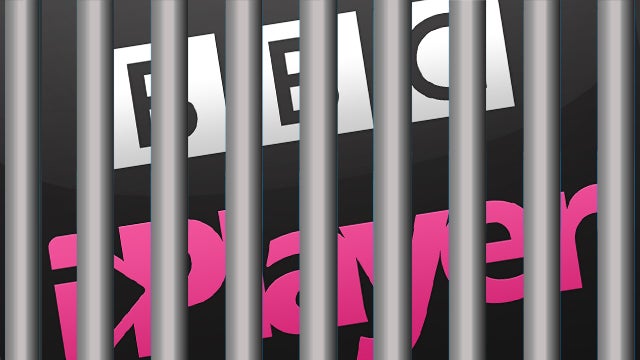BBC wants TV licence to extend to BBC iPlayer on demand content

The BBC believes the TV licence fee should extend to include all BBC iPlayer content in the future.
BBC Director General Lord Tony Hall explained the broadcaster’s belief that the licence fee should be “modernised” in a speech at the Oxford Media Convention.
Hall outlined that the licence fee should take account of the way we consume TV content in the digital age on our smartphones, tablets, consoles and computers.
“One of the advantages of the licence fee is that it’s flexible and has adapted over the years,” said Lord Hall. “When and how best to take the next step is, of course, a matter for the government.”
An estimated 500,000 UK homes – around 2 per cent – only consume on-demand TV without the need for a TV license, compared to those who watch live programming.
“Around 90 per cent of all television viewing is still live. Well under 2 per cent of households consume only on-demand TV content. And this number is growing only slowly. Funding by licence fee therefore remains practical and sustainable.”
If the BBC was to close the iPlayer loophole, it would gain an estimated additional £72 million in budget, so it’s not too hard to see why the BBC is keen to make such a move.
He added that the licence fee change is “not a compromise, least-bad option. It underpins the success of the BBC.”
A TV licence extension would require government approval.
It wouldn’t be out of the question to see such a TV licence change modified to also extend to on-demand content from other broadcasters like ITV, Channel Four or Channel Five.
Read more: Best TVs 2014
Via: Guardian

